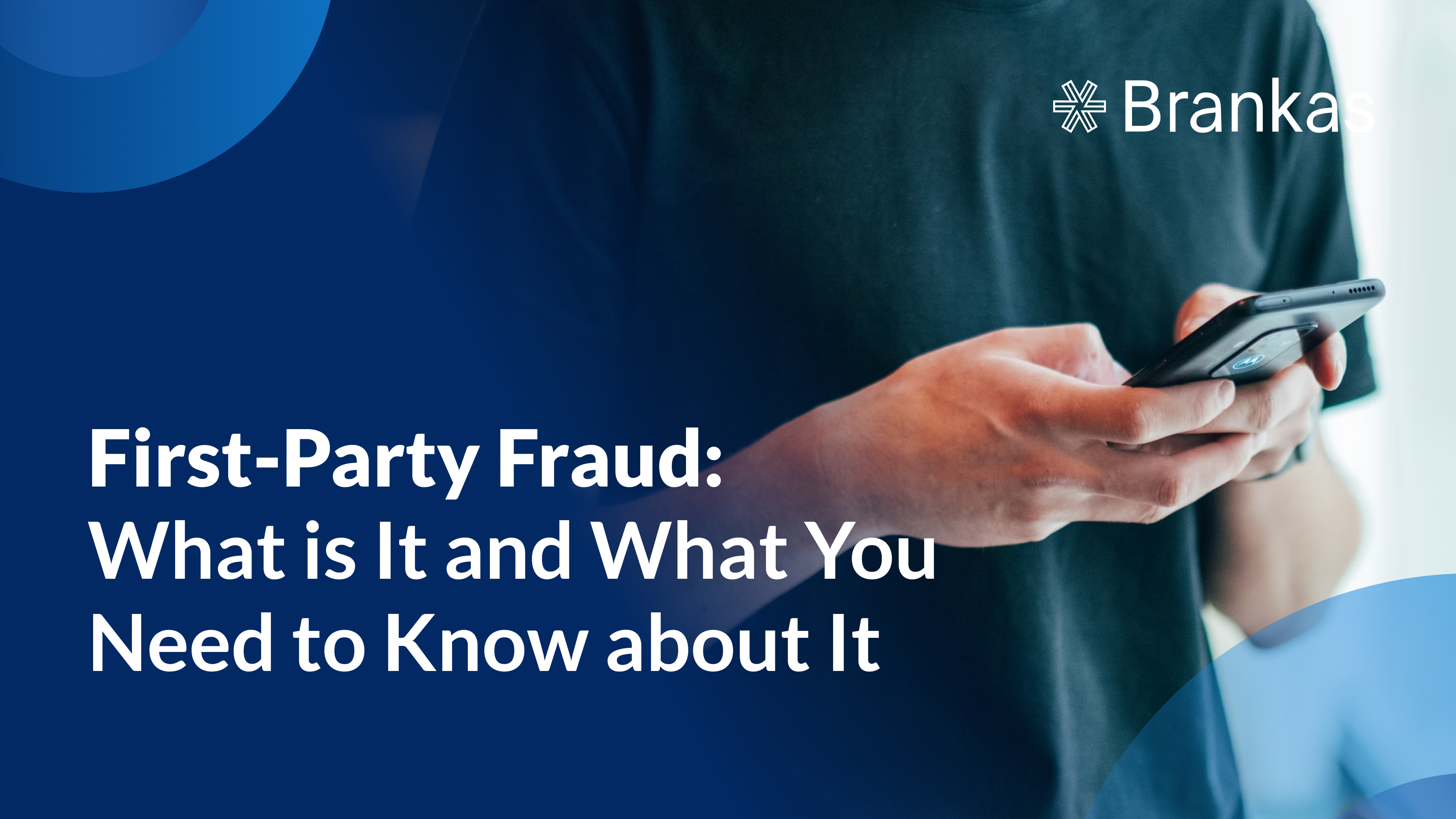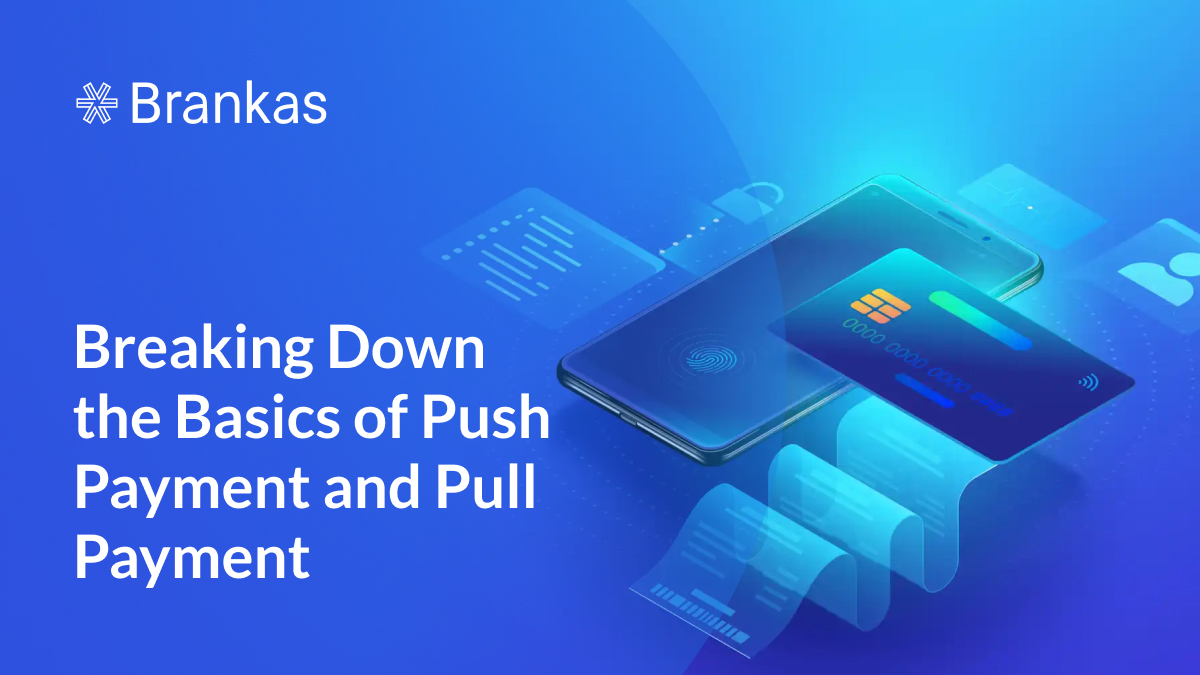
Understanding the intricacies of chargebacks and refunds is paramount for merchants. Chargebacks and refunds play crucial roles in customer satisfaction and maintaining a positive business image.

A credit score is a pivotal number that can greatly influence your financial opportunities such as taking out a loan. Understanding the significance of credit scores and being aware of your score is a crucial step toward achieving better financial health. Your credit score can unlock various financial milestones, from securing loans and credit cards to gaining favorable interest rates. With the Philippines' growing economy and evolving financial services, knowing how your credit score functions can empower you to make informed decisions and set you on a path toward financial success. Whether you’re a young professional looking to build a solid financial foundation or a seasoned individual seeking to enhance your creditworthiness, this guide will equip you with the knowledge needed to navigate the world of credit scores effectively.
Also Read: Leveraging Brankas Data APIs for Credit Scoring
Your credit score is a numerical representation of your creditworthiness, indicating how likely you are to repay borrowed money based on your credit history. In the Philippines, credit scores range from 300 to 850. The higher your score, the better your creditworthiness. A score between 700 and 850 is categorized as excellent, while a realistically strong score often falls within the range of 759 to 800. A credit score from 650 to 699 is also considered good. Scores below 650 are regarded as a lower score. The credit score is a valuable tool used by lenders, such as banks and financial institutions, to assess the risk of lending to you.
A credit score differs from a credit report, which is a comprehensive summary of your borrowing and repayment activities. It encompasses your personal and/or business details, along with significant information about your loans, credit cards, mortgages, and other financial transactions.
To break down the credit reporting process in the Philippines:
Banks and various financial institutions submit their clients' credit information, encompassing both positive and negative aspects, to the Credit Information Corporation (CIC). This entity serves as the public credit registry and repository of credit-related data in the country.
The CIC then compiles the gathered credit information, crafting detailed credit reports that provide valuable insights into an individual’s credit history.
These credit reports are subsequently shared by the CIC with lenders recognized as official accessing entities. These lenders are the submitting financial institutions authorized by the CIC to access essential credit data. Additionally, accredited credit bureaus also receive these reports.
Lenders utilize the information contained within credit reports to make informed decisions about extending loans or credit to borrowers. This evaluation process significantly hinges on the data provided in these credit reports.
Credit reports and credit scores jointly facilitate lenders in making well-informed decisions regarding lending money or extending credit. Accessing and understanding your credit report and credit score is vital as an individual looking to enhance your financial standing. By closely monitoring your financial behavior through credit reports and striving to improve your credit score, you can effectively elevate your creditworthiness over time.
Credit scores hold particular importance because they will impact your financial journey. A good credit score opens doors to favorable financial opportunities, including lower interest rates on loans and credit cards. It can make the difference between being approved or denied for credit applications. Landlords and potential employers might also check your credit score to evaluate your financial responsibility. It’s important to note that credit reports and credit scores are not the same. A credit report is a detailed record of your credit history, while a credit score is a numerical representation derived from the information in your credit report. Both play significant roles in financial decisions and being aware of the distinction is vital for navigating the credit landscape effectively.
The CIC was established under the provisions of Republic Act 9510, commonly known as the Credit Information System Act. As the sole centralized credit data registry within the Philippines' credit ecosystem, the CIC is tasked with the responsibility of gathering, consolidating, and distributing credit-related information to all financial institutions operating within the country. The CIC compiles financial data sourced from various entities engaged in financial transactions, including banks, cooperatives, insurance companies, and telecom providers. This compiled data is then meticulously organized into comprehensive credit reports. Accredited financial institutions can access these credit reports through the CIC.
To calculate credit scores within the nation, the CIC collaborates with three accredited credit bureaus, each serving as a distinct accessing entity: Credit Information Bureau, Inc. (CIBI), CRIF Philippines, and TransUnion Philippines. The issuance of credit reports accompanied by credit scores is exclusively entrusted to CIBI. CRIF Philippines and TransUnion Philippines are also recognized credit bureaus authorized to access the credit data compiled by the CIC.
You can check your credit score and access your credit report by following these steps.
You can utilize the CIC’s Online Dispute Resolution Process (ODRP) if you come across inaccurate information in your CIC Credit Report and need to report it. Visit the CIC website and click on the “Online Dispute” section. It’s important to note that there is no charge associated with filing a dispute, making it a straightforward and cost-free procedure.
Understanding the factors that influence your credit score is pivotal for maintaining a healthy credit profile. Credit scoring agencies in the Philippines consider a variety of elements when calculating your credit score.
A new avenue for credit evaluation has emerged through alternative credit scoring companies. These entities specialize in providing alternative credit reports and scores that go beyond traditional credit and payment history. This innovative approach complements the conventional credit scoring system by furnishing financial institutions with a more comprehensive view of individuals' financial capabilities, incorporating data often excluded from traditional credit reports. This dynamic partnership extends financial services to a broader population, leveraging the wealth of data accessible through alternative financial technology companies. By combining traditional and alternative credit scoring methods, a realm of possibilities unfolds for both credit applicants and financial institutions in the Philippines.
The Bangko Sentral ng Pilipinas (BSP) is urging financial institutions to explore non-traditional data, such as social media activities and online transactions, as alternative sources for credit scoring. BSP Governor Benjamin Diokno emphasized that harnessing alternative data provides a more comprehensive view of clients, enabling a wider range of individuals and businesses to be evaluated.
In contrast to conventional data like bank transactions and credit records, alternative data encompasses various forms, including social media, mobile usage, behavioral patterns, utilities data, online transactions, geolocation information, and browser activity. By incorporating alternative data, financial entities can effectively assess borrowers' creditworthiness, especially those with limited or no credit history. This approach aligns with expanding financial inclusion in the Philippines. Currently, credit assessment relies solely on bank transactions and credit bureau data, which leaves individuals and small businesses without formal credit histories.
CRIF Philippines, in collaboration with Brankas, introduces innovative alternate credit scoring methods that revolutionize lending practices. These alternate credit scores include:
Also read: Brankas and CRIF Launch APAC’s First Open Banking Credit Score Product
Brankas facilitates the gathering of consent and ensures a secure and seamless link to user’s bank statements & transactions and various alternative data sources, such as credit card transactions, via a straightforward and safe user interface. CRIF subsequently deploys a sophisticated machine-learning algorithm to create an inventive credit score. Brankas' open banking data-sharing solutions, designed for security, enable the advancement of next-generation alternative credit scoring. Consequently, users can enjoy the advantages of immediate and automated retrieval of statements through a secure and compliant platform.

Understanding the intricacies of chargebacks and refunds is paramount for merchants. Chargebacks and refunds play crucial roles in customer satisfaction and maintaining a positive business image.

The terms “push payment” and “pull payment” in financial transactions are fundamental dynamics that dictate how money moves between entities. Understanding these payment mechanisms is a concern for financial professionals, individuals, and businesses navigating the modern financial landscape.